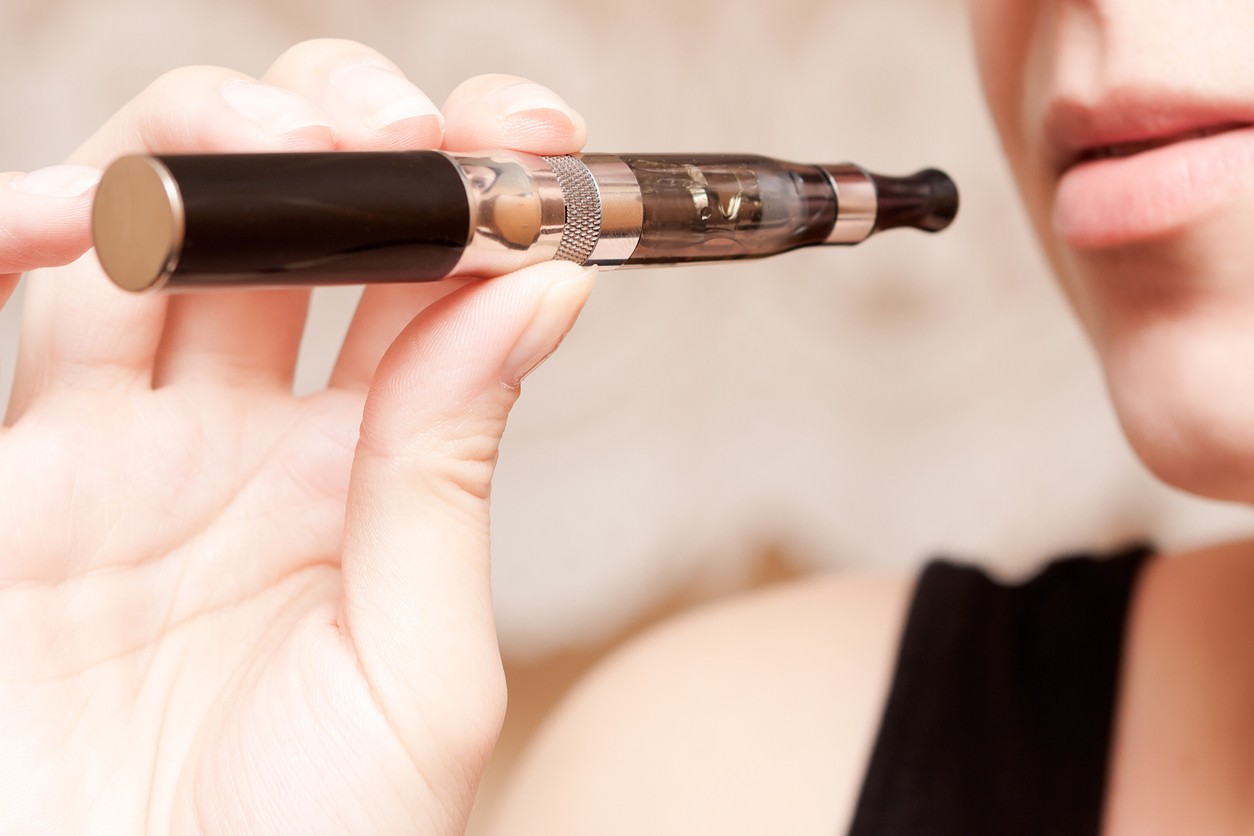Full transition to e-cigarettes improves respiratory symptoms for smokers, study finds
November 14, 2024

Smokers who fully transition to e-cigarettes experience significant improvements in respiratory symptoms, particularly in reducing wheezing, a new study has found.
However, the study, published in the journal Nicotine & Tobacco Research, warned of potential risks associated with dual use, where smokers both vape and continue to smoke without decreasing cigarette consumption.
The research, conducted using data from the Population Assessment of Tobacco and Health (PATH) study in the US, evaluated health outcomes in adults across multiple years, focusing on respiratory symptoms such as cough and wheeze. Participants were initially smokers who reported either a cough or wheeze, then tracked over two-wave intervals as they switched to e-cigarettes, continued smoking, or adopted dual use of both products.
The findings revealed that participants who completely switched from cigarettes to exclusive e-cigarette use had a moderate increase in the resolution of wheeze symptoms compared with persistent smoking. However, the same group did not see significant improvements in resolving cough.
In contrast, smokers who transitioned to dual use but maintained or even increased cigarette consumption showed a 15 per cent lower rate of respiratory symptom improvement than those who continued smoking exclusively.
Researchers highlighted that while e-cigarettes may support smoking cessation and improve respiratory health in smokers who fully transition, dual use could exacerbate health risks without reducing symptom severity.
“Government agencies are increasingly weighing the risks and benefits of e-cigarette-assisted cigarette cessation given the reduced harm associated with e-cigarette use. This study provides novel evidence that completely transitioning from cigarettes to e-cigarettes is associated with increased rates of resolution from self-reported wheeze symptoms,” the authors observed.
